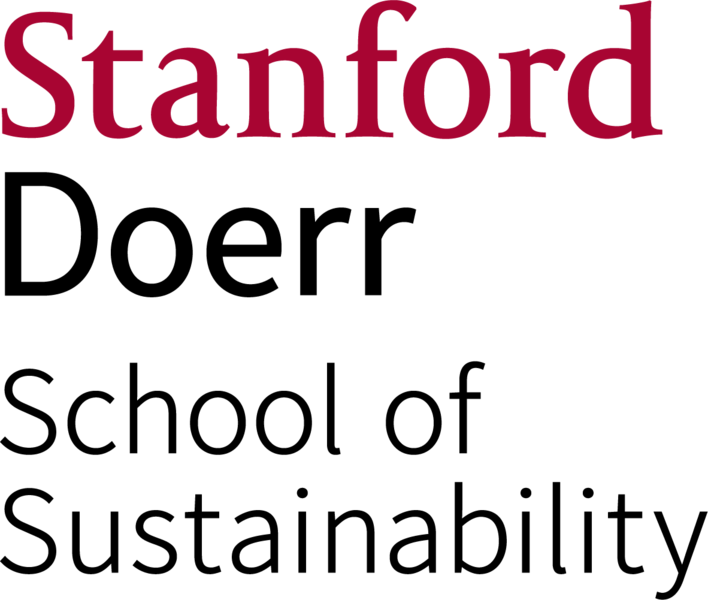ESS 185/Earthsys 183: Adaptation
Adaptation is the process by which organisms or societies become better suited to their environments. In this class, we will explore three distinct but related notions of adaptation.
Course Description
Adaptation is the process by which organisms or societies become better suited to their environments. In this class, we will explore three distinct but related notions of adaptation. Biological adaptations arise through natural selection, while cultural adaptations arise from a variety of processes, some of which closely resemble natural selection. A newer notion of adaptation has emerged in the context of climate change where adaptation takes on a highly instrumental, and often planned, quality as a response to the negative impacts of environmental change. We will discuss each of these ideas, using their commonalities and subtle differences to develop a broader understanding of the dynamic interplay between people and their environments. Topics covered will include, among others: evolution, natural selection, levels of selection, formal models of cultural evolution, replicator dynamics, resilience, rationality and its limits, complexity, adaptive management.
The ideas that underlie climate adaptation have circulated in biology, anthropology, and related fields for well over a century. How do these broader notions of adaptation inform our understanding of climate adaptation? Socioecological systems are complex, meaning that they are comprised of multiple, interacting components and these interactions can lead to abrupt transitions and generally make long-range prediction difficult. How do the challenges of socioecological complexity play into adaptive processes? People facing changing environments and livelihoods typically do so within a context of extreme uncertainty. When uncertainty can’t be reduced by any reasonable amount of information-seeking, it is called structural. How does structural uncertainty affect optimal and actual decisions? It turns out that many of the problems that people face under global climate change have already been faced, to one degree or another, by people somewhere in the world. How can an understanding of the variety of the lived experience and approaches to problem-solving of diverse people help us engineer sensible and sustainable climate adaptations?
A GitHub page for this class collects some of the material, including explainer videos.
Related: A guide to interpreting and rendering scientific figures in R.
